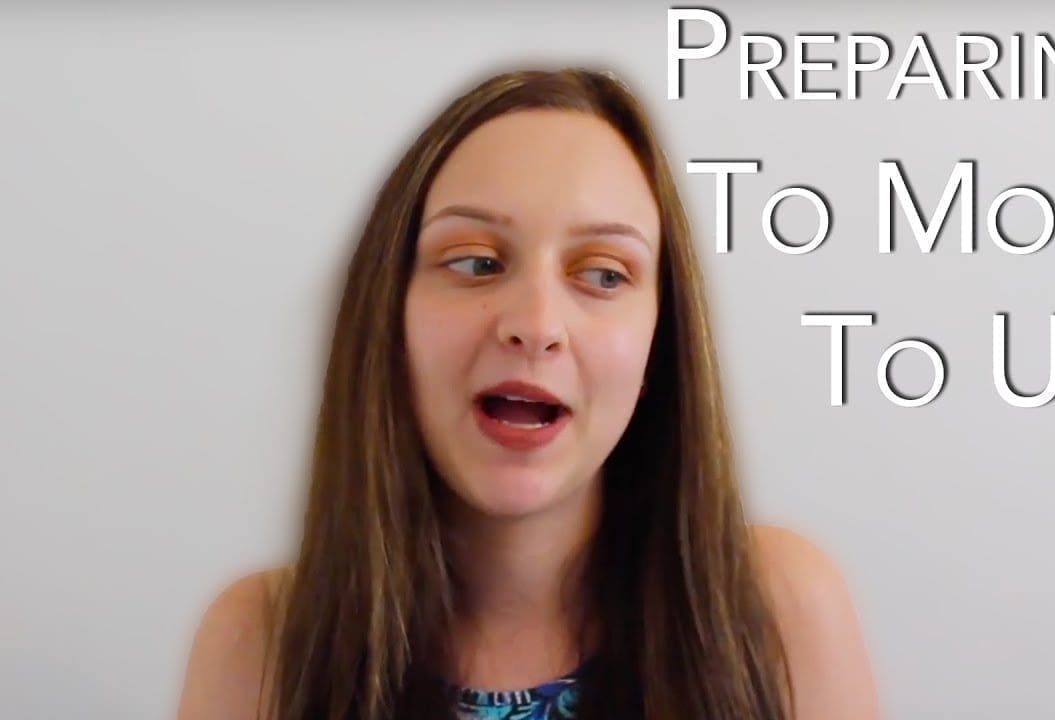
There are lots of scary and exciting parts of coming to university, and the feelings of freedom and independence incorporate both emotions. A significant part this independence includes taking care of your own finances, and speaking from experience, most eighteen-year-olds haven’t had to budget much – especially in order to pay for rent and food – before they make the move to uni. Money can be boring to deal with and more than a little bit stressful, but it can also be exciting.
I know first-hand the intense desire to buy out the whole of Boohoo.com and order takeaways four times a week as soon as the huge lump-sum from student finance rocks up. However, none of us wants to end up in a position where we can’t afford food and end up begging our parents to send us some money – therefore learning how to budget is an incredibly important skill for both your time at uni and in life in general.
Step one:
Before you come to university it’s a great idea to plan out the your spending before you start freshers week and blow all your money on nights out, new outfits and crazy adventures- and yes, that means maths! When you get your student entitlement summary from student finance and have the breakdown cost of your rent, you’re ready to sit down with a special notebook just for logging your budget.
Step two:
For each semester write down how much student finance you will receive. Then subtract the amount of rent you will have to pay. Usually, student accommodation will align the rent payments with when students receive their loans.
Step three:
Count how many weeks there are between each student loan instalment, and however much money you have left for each semester after subtracting the rent payments, then divide between how many weeks you have counted. For example, if after paying rent you’re left with £1,040 and there are 16 weeks until the next loan instalment, you would work out £1,040÷16 = 65. Therefore, your weekly budget would be £65.
Step four:
Every week, keep track of your expenses and exactly how much you spend. The magic is, as long as you spend less than your weekly budget, by the end of the semester you would have that money spare which you could then go on to save or use to treat yourself.
Even though sitting down with pen, paper and a calculator isn’t the most fun thing to do your time, you’ll be thankful for it when you reach uni and hear fellow students telling you they have £3 to their name while you can feel secure in your weekly budget to get you through. Doing this method of budgeting also means if you happen to get a part-time job during your studies, you have the option of either saving what you earn or using that money to spend on gifts and treat (like when you’re desperate for a Dominos).
This article is featured on Learning at Lincoln.



